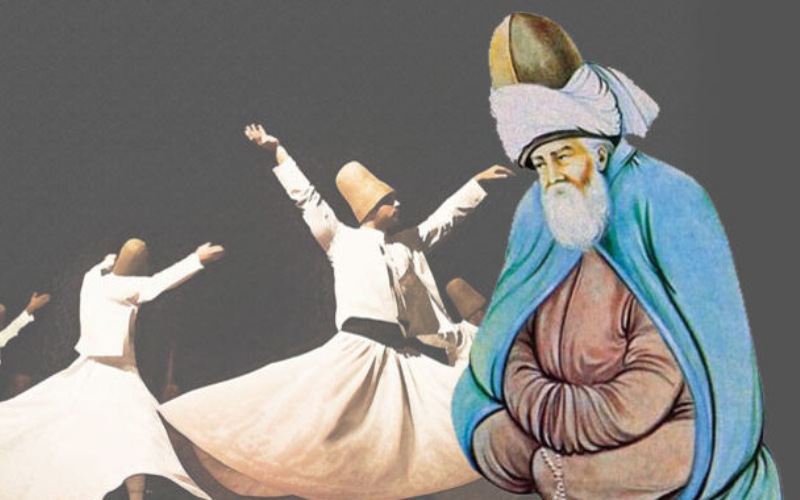Ardakh Nurgaz. The will of the word

When you read a poem, the word sometimes feels heavy, as if you are falling from the sky. At times, it seems like a fluffy feather. In fact, both of the feelings are not normal. It is often not due to the nature of the word but to the poet's addition of superfluous emotional colour. In both cases, the intuition of the poet is rooted in the same core. Appears only in two different views. It is a requirement to keep the word as it is. Passion and desire to elevate the poetic power of the word. However, it is not easy to achieve the goal by making the word heavier or lighter. It is very short-lived and requires you to reach your destination in an instant. When that moment passes, the word flutters like a bird with broken wings. Sometimes a winged bird floats in the sky and sometimes lands immediately. In both cases, there is a difference in poetry. No matter how important a topic is, a word in poetry is only viable if it holds one key. It is the will of the word. The revival of the word on its own free theme is like a door to real poetic space.
The meaning of the word is a process that has been gradually realized by a long-term development in the tradition of western poetry. But sometimes poets unconsciously take that step. For example, read the poem by J. Rumi, which is called "We Have a Huge Barrel of Wine But No Cups."
Бізде бір күбі шарап бар, бірақ, тостаған жоқ.
Қандай ғажап.
Әр күні таң сәріде жүзіміз қызыл арайға шомады,
Және кеш бататын мезгілде.
Сендердің таңдарың айтпайды, дейді олар, олар дұрыс айтады.
Сонысымен ғажап.
The origin of the poem is very heavy. It relates to faith. Faith in God, devotion, infinite love, giving up on everything to be purified in that way. In the above passages, Rumi uncovers this topic by bringing up the whole external world forward. The concept of "wine", "redness of the face" and the corresponding objections and denials reveal the full meaning of the poem. The poem consists of only one stanza, but it is full of purpose and meaning. The main reason is that the poet found the right word and how to use it. As a result, a different colour of emotion and expression appears in the mind of the reader. No one is drinking wine according to the poem, but there is a conflict arising from drinking wine, because the poet, using the prohibition on drinking wine in his religion, delivered the notion of thought on a poetic level. This poem can be called a great example of memorized concepts (today we are accustomed to understanding many concepts of religion as a frozen memorized world) at the level of poetry.
Translated by Bayan Ardakh
